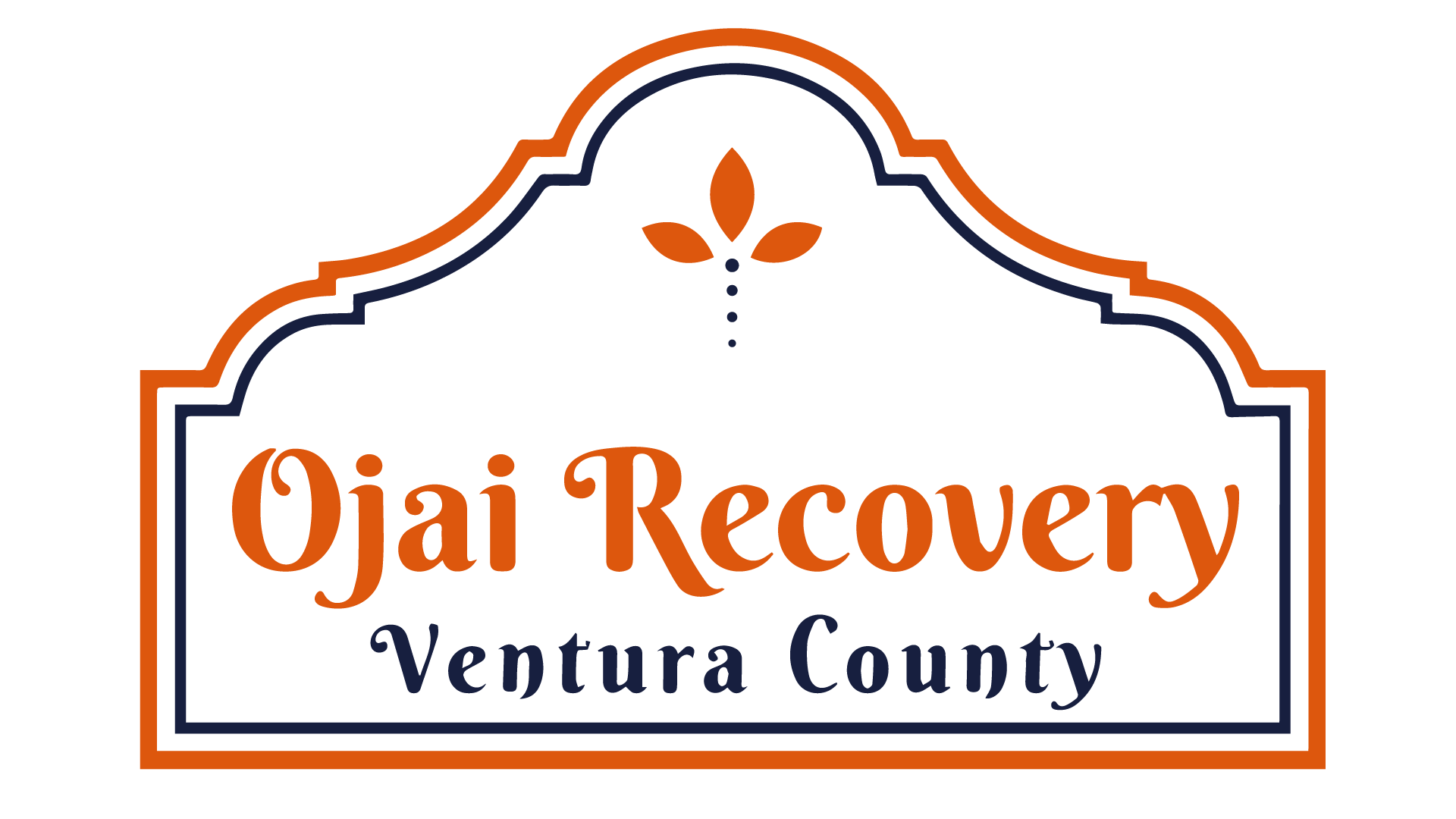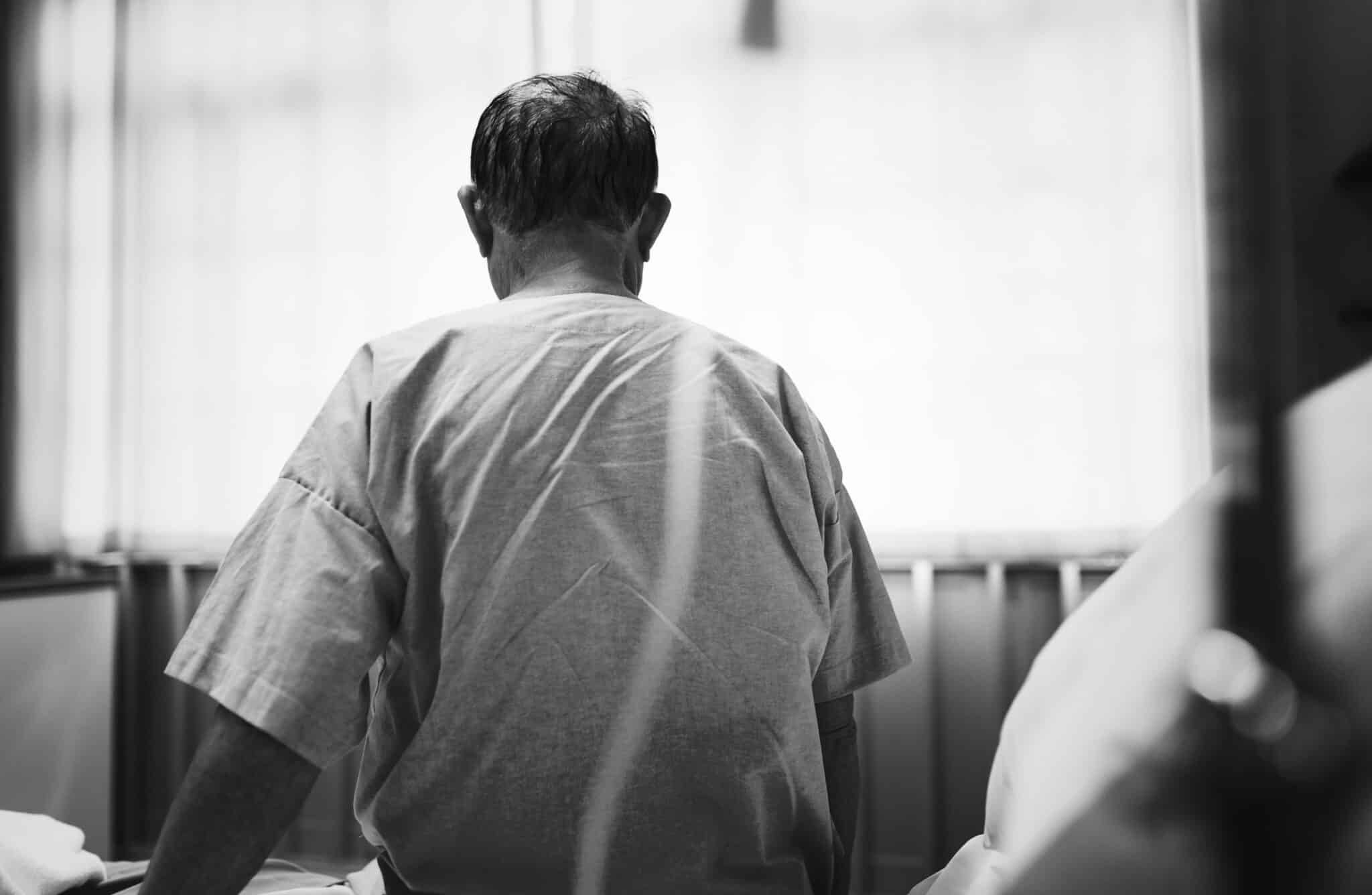Understanding Addiction Recovery
Importance of Comprehensive Treatment
In our journey towards effective addiction recovery, we recognize the critical importance of comprehensive treatment. Addiction is not solely a physical condition; it intertwines deeply with psychological aspects, including personality traits, emotional regulation challenges, and historical trauma. Addressing these factors is essential to create a well-rounded recovery plan that tackles both the physical and emotional components of addiction.
The integration of various therapeutic interventions can significantly enhance recovery outcomes. A comprehensive approach involves the use of medical supervision during detoxification, combined with psychological support that addresses emotional and behavioral issues. This holistic strategy prepares individuals for recovery by ensuring the root causes of addiction are confronted and managed.
Dual Diagnosis and Integrated Approaches
Dual diagnosis, where an individual experiences both substance use disorders and mental health conditions, is a common circumstance that necessitates integrated treatment approaches. This means that both the addiction and the co-occurring mental health issue are addressed simultaneously, creating an optimal environment for healing.
Evidence shows that individuals with co-occurring disorders require tailored treatment plans that consider their unique challenges. By using integrated approaches, we can help reduce the risk of relapse and improve long-term sobriety. As highlighted in research, psychological factors significantly impact addiction, necessitating treatments that are as multifaceted as the conditions themselves.
Data Table
Here is a summary of the key aspects of comprehensive treatment and dual diagnosis approaches:
| Aspect | Description |
|---|---|
| Comprehensive Treatment | Addresses both physical and psychological factors of addiction |
| Dual Diagnosis | Simultaneously treats substance abuse and mental health disorders |
| Integrated Approaches | Combines medical and psychological treatments for better outcomes |
At Ojai Recovery, our commitment to addressing both the physical and psychological dimensions of addiction recovery sets us apart. This comprehensive care is vital for lasting transformation on the path toward sobriety. For more information on what to expect during the detox process, check our guide on what to expect during a medically supervised detox at Ojai Recovery.
Drug Detox vs. Residential Rehab
Understanding the difference between drug detox and residential rehab is essential for anyone seeking addiction recovery. At Ojai Recovery, we recognize the importance of both processes in a comprehensive recovery journey.
Role of Drug Detox
Drug detox is the initial step in recovery. It is a professional program designed to manage the withdrawal symptoms safely as individuals stop using drugs. The primary goals of detox are to manage side effects associated with quitting, stabilize the individual’s condition, and prepare them for further treatment (American Addiction Centers).
The detox process typically includes three primary steps:
- Evaluation – Assessment of the individual’s health, addiction history, and specific needs.
- Stabilization – Medical support to manage withdrawal symptoms in a safe and comfortable environment.
- Preparation for Treatment – Transitioning individuals into long-term rehabilitation programs.
Detoxing at home can pose significant risks, potentially leading to dangerous complications. Therefore, we emphasize the importance of seeking professional help, especially for those with severe addictions, as withdrawal symptoms can become fatal (Addiction Center).
| Detox Step | Description |
|---|---|
| Evaluation | Assessing health and history |
| Stabilization | Managing withdrawal symptoms medically |
| Preparation for Treatment | Planning transition into rehab programs |
Benefits of Residential Rehab
After completing detox, individuals often require residential rehabilitation for effective recovery. Residential rehab focuses on the social and psychological aspects of rehabilitation, providing a structured environment that facilitates recovery.
Some benefits of residential rehab include:
- 24-hour Support: Individuals receive around-the-clock care and monitoring, which is critical for preventing complications related to withdrawal and ensuring safety (Addiction Center).
- Comprehensive Programs: Rehab centers offer various therapies and support mechanisms tailored to the individual’s needs, promoting understanding of addiction and tools for long-term recovery.
- Community Environment: Being surrounded by others with similar struggles fosters a sense of community and encourages sharing experiences, enhancing personal growth.
Inpatient rehab is particularly recommended for those with severe addictions, as it provides a safer and more supportive environment for recovery (Addiction Center). By recognizing the crucial roles of drug detox and residential rehab, we at Ojai Recovery aim to guide individuals toward successful recovery paths with dignity and respect.
Through our programs, we are committed to supporting individuals in their journey toward sobriety and overall well-being.
Medications in Addiction Recovery
In our journey toward understanding addiction recovery, we recognize the critical role medications play during and after the detoxification process. Medications can greatly alleviate discomfort, reduce withdrawal symptoms, and support long-term sobriety.
Commonly Used Medications
During detox, various medications may be prescribed to help manage withdrawal symptoms and ease the recovery process. These medications include:
| Medication | Purpose |
|---|---|
| Anticonvulsants | Help prevent seizures during withdrawal. |
| Benzodiazepines | Manage anxiety and withdrawal symptoms. |
| Methadone | Decrease cravings for opioids. |
| Phenobarbital | Address sedative and alcohol withdrawal. |
| Buprenorphine | Reduce opioid withdrawal symptoms and cravings. |
These medications are a fundamental aspect of drug detox, providing safety and comfort while patients undergo withdrawal from substances such as alcohol and opioids (Oxford Treatment Center).
Post-Detox Medication Considerations
Once detox has been completed, ongoing medication support is often necessary to help maintain sobriety and manage cravings. Post-detox medications that may be considered include:
| Medication | Substance Type |
|---|---|
| Methadone | Opioid use disorder |
| Buprenorphine | Opioid use disorder |
| Acamprosate | Alcohol use disorder |
| Disulfiram | Alcohol use disorder |
| Naltrexone | Alcohol use disorder |
These medications are not only effective but play a significant role in comprehensive addiction treatment, minimizing the risk of relapse after detox is complete (Oxford Treatment Center).
For those interested in learning more about the different levels of care and how medical detox supports long-term sobriety, we encourage you to explore our resources, as they provide valuable insights. Understanding what to expect during a medically supervised detox at Ojai Recovery can also help in preparing for this crucial step in recovery.
Psychological Aspects of Addiction
Therapeutic Interventions
Psychological factors play a significant role in addiction recovery. These can include personality traits, difficulties in emotional regulation, poor impulse control, and a history of adverse childhood experiences. Understanding these elements allows us to implement a comprehensive treatment approach that addresses both the physical and psychological aspects of addiction. Therapeutic interventions are essential for helping individuals identify and tackle the root causes of their addiction, facilitating long-term recovery.
Various therapeutic methods, such as Cognitive-Behavioral Therapy (CBT), Motivational Interviewing (MI), and Dialectical Behavior Therapy (DBT), are commonly utilized. These approaches help individuals explore their thoughts and behaviors that contribute to their substance use disorders. By equipping clients with effective coping strategies and tools, we empower them to handle challenges that may arise during their recovery journey. For insights into what to expect during detox, check out our article on what to expect during a medically supervised detox at Ojai Recovery.
| Therapeutic Intervention | Description |
|---|---|
| Cognitive-Behavioral Therapy (CBT) | Focuses on identifying and changing negative thought patterns and behaviors. |
| Motivational Interviewing (MI) | Enhances motivation to change by exploring and resolving ambivalence. |
| Dialectical Behavior Therapy (DBT) | Combines cognitive-behavioral techniques with mindfulness strategies to help individuals manage emotions. |
Role of Psychotherapy in Recovery
Psychotherapy is a critical component of addiction treatment, as it addresses underlying mental health issues that may contribute to substance use. Comprehensive addiction treatment programs incorporate therapy and counseling approaches to develop a deeper understanding of addiction and its psychological impact.
Psychotherapy helps individuals learn how to cope with triggers, manage cravings, and develop healthier behaviors. Through regular sessions with trained professionals, clients can delve into their emotional struggles, explore the connections between their past experiences and current behaviors, and cultivate new perspectives on their lives.
Additionally, the integration of therapy into our programs allows us to create a more robust support system for our clients. By addressing both the psychological and physiological aspects of addiction, we provide a holistic approach to recovery. For more on how medical detox supports long-term sobriety, take a look at our article on how medical detox supports long-term sobriety.
In summary, the psychological aspects of addiction are paramount in the recovery process. By utilizing effective therapeutic interventions and psychotherapy, we aim to equip individuals with the tools necessary for sustained recovery and improved mental health. This multifaceted approach can be especially beneficial during a challenging journey, offering support and understanding every step of the way.
Addiction Treatment Programs
Overview of Professional Detox Programs
At Ojai Recovery, we fully understand the importance of a structured detox program as the first step towards recovery. Drug detoxification involves a professional setting that helps manage the side effects associated with quitting drugs. Our detox programs are specifically designed to safely handle withdrawal symptoms and facilitate a smooth transition into further care options, including residential rehab. As outlined by the American Addiction Centers, detox focuses primarily on physical health, while rehabilitation emphasizes psychological and social recovery.
| Detox Program Features | Description |
|---|---|
| Medical Supervision | Continuous monitoring by healthcare professionals to ensure safety. |
| Customized Plans | Individualized detox plans catering to specific substance needs. |
| Supportive Environment | A setting designed for comfort, away from triggers and stressors. |
| Integration of Therapy | Incorporation of psychological support to address underlying issues (Mississippi Drug and Alcohol Treatment Center). |
For those concerned about alcohol withdrawal, our program addresses symptoms, which may plateau within a week. However, substances like benzodiazepines may require a longer detox period, sometimes extending beyond two weeks (Addiction Center).
Types of Substance Abuse Rehabilitation
Following detox, individuals typically move into various forms of substance abuse rehabilitation. At Ojai Recovery, we provide comprehensive rehabilitation strategies tailored to meet the unique needs of each individual. These can range from intensive inpatient programs to outpatient therapies.
| Type of Rehabilitation | Overview |
|---|---|
| Inpatient Rehab | Recommended for individuals with severe addictions, providing round-the-clock monitoring and support. This option is crucial for those at risk for dangerous withdrawal complications. (Addiction Center) |
| Outpatient Rehab | Suitable for patients requiring less intensive supervision. It allows for more flexibility, encouraging participants to maintain commitments outside of treatment. |
| Intensive Outpatient Programs (IOP) | Combines elements of both inpatient and outpatient care, designed for individuals needing more structure while allowing them to reside at home or in a sober living environment. |
| Aftercare Support | Continuous support and relapse prevention strategies, guiding individuals as they reintegrate into daily life. |
These programs aim to address not only substance use but also the behaviors and mindsets associated with addiction, equipping individuals with the tools necessary for long-term recovery. Understanding these distinctions enables us to better assist you or your loved one in choosing the right path towards healing and health.
For further reading on medically supervised detox processes at Ojai Recovery, check our article on what to expect during a medically supervised detox at Ojai Recovery.
Different Levels of Care
Understanding the different levels of care is crucial for determining the most effective approach for addiction recovery. We aim to clarify the distinctions between inpatient and outpatient treatments, and between intensive outpatient and residential treatment options, as these choices can greatly affect the recovery journey.
Inpatient vs. Outpatient Treatment
Inpatient treatment involves 24-hour care and supervision in a hospital or dedicated facility. This level of care is primarily for individuals experiencing severe overdoses, withdrawal syndromes, or other medical and psychiatric crises. Inpatient settings focus on medical management and provide the highest level of support (NCBI Bookshelf).
Outpatient treatment, on the other hand, allows individuals to return home after receiving care. This option is more flexible and may consist of counseling sessions and group therapy without requiring a live-in commitment. Outpatient programs can be beneficial for individuals with strong support systems and less severe addiction issues.
| Treatment Type | Care Level | Duration | Suitability |
|---|---|---|---|
| Inpatient | 24-hour supervision | Varies (typically weeks) | Severe addiction issues, medical crises |
| Outpatient | Daytime or evening sessions | Ongoing | Mild to moderate addiction, stable home environment |
Intensive Outpatient vs. Residential Treatment
Intensive outpatient programs (IOPs) provide structured support while allowing individuals to live at home. IOPs typically involve several sessions each week, focusing on therapy and counseling. This option is ideal for those requiring significant support but who do not need the full structure of residential treatment.
Residential treatment involves live-in facilities with 24-hour supervision, making it suitable for individuals facing overwhelming substance use issues. These programs cater to those lacking motivation or social support for sobriety but do not meet the criteria for hospitalization (NCBI Bookshelf).
| Treatment Variable | Intensive Outpatient | Residential Treatment |
|---|---|---|
| Care Level | Regular sessions | 24-hour care |
| Flexibility | Yes | No |
| Target Audience | Mild to moderate addiction | Severe addiction |
Choosing between these options depends on the specific needs and circumstances of each individual. We encourage exploring our what to expect during a medically supervised detox at Ojai Recovery for further insights into our treatment approaches. Each level of care offers unique advantages, and understanding the differences is essential to fostering recovery success.










